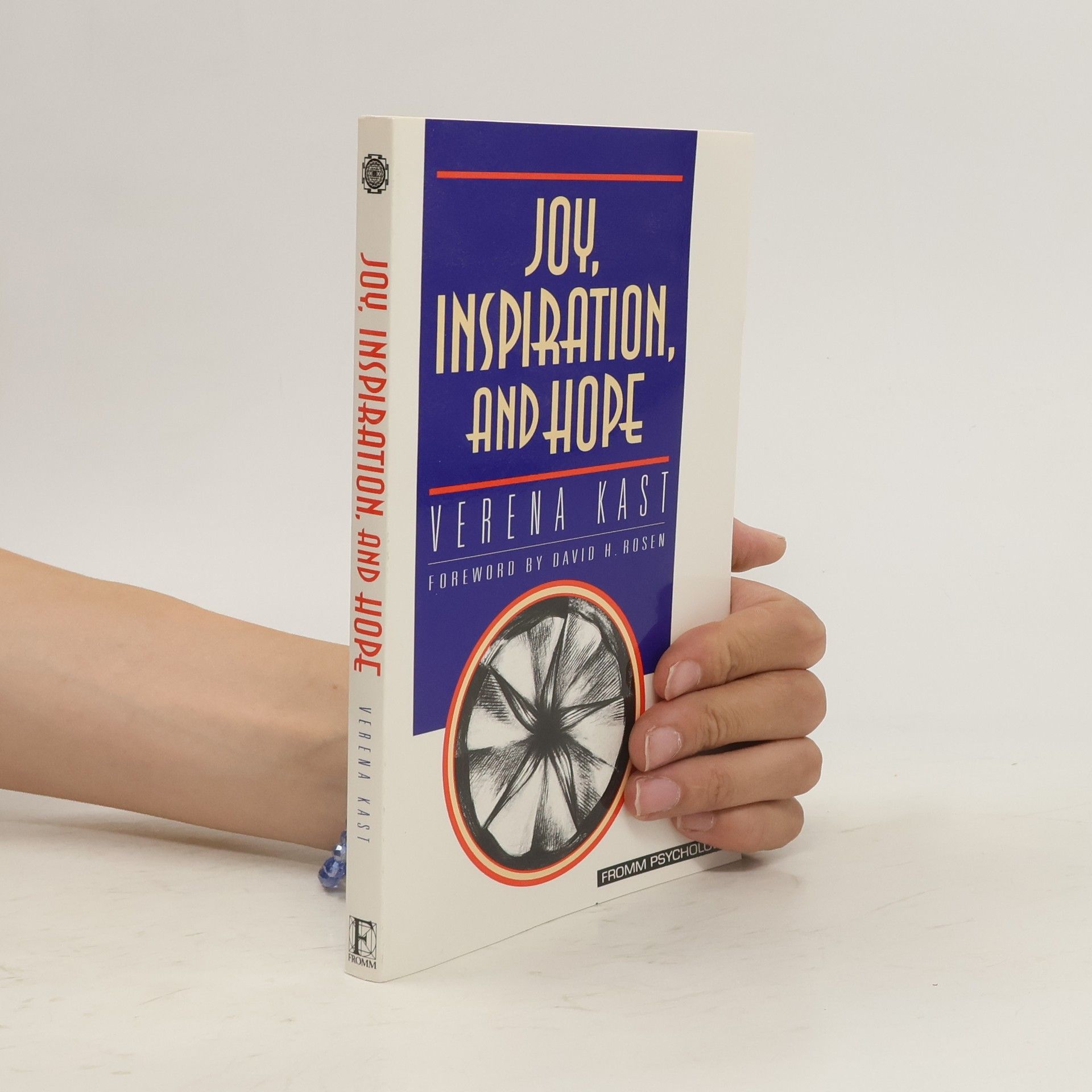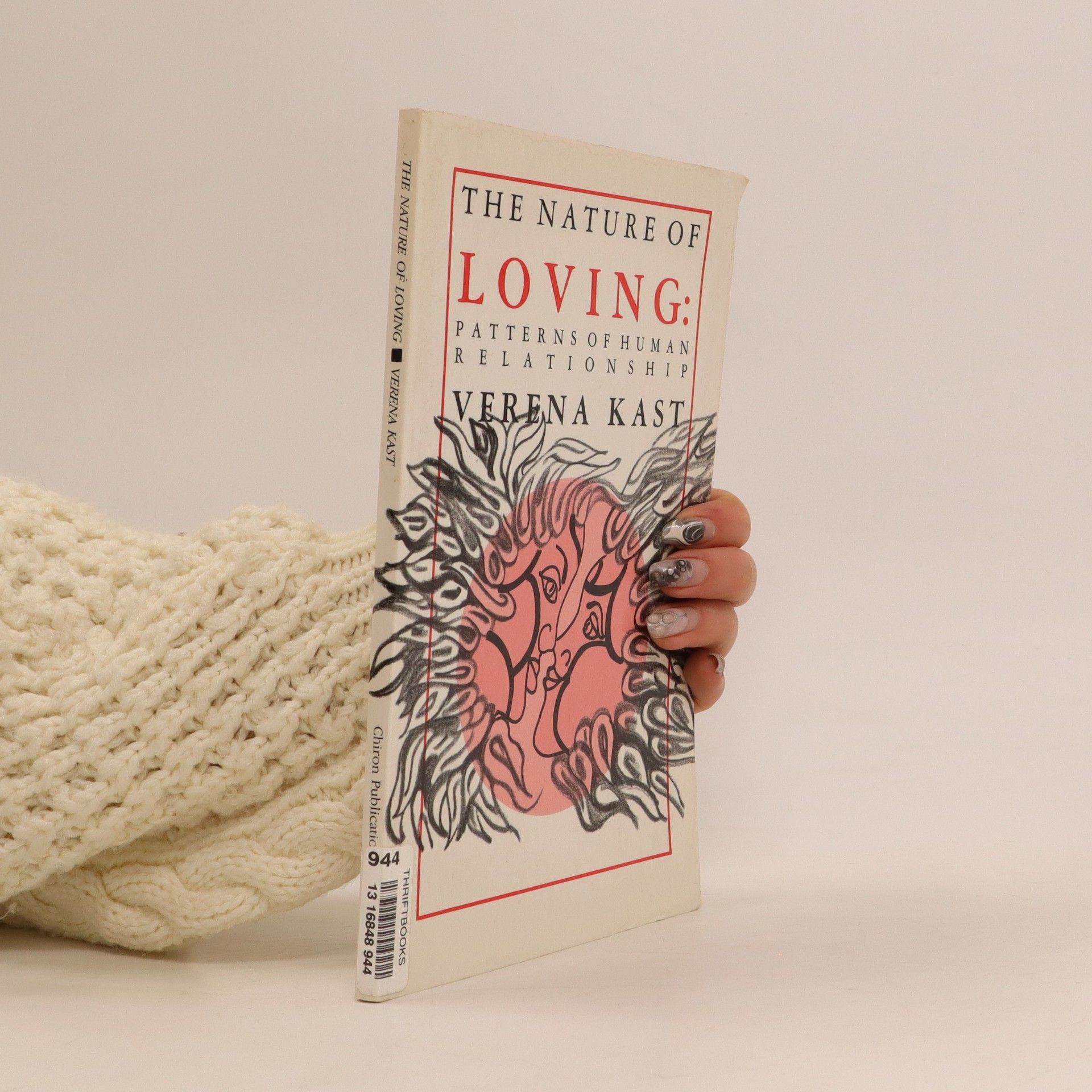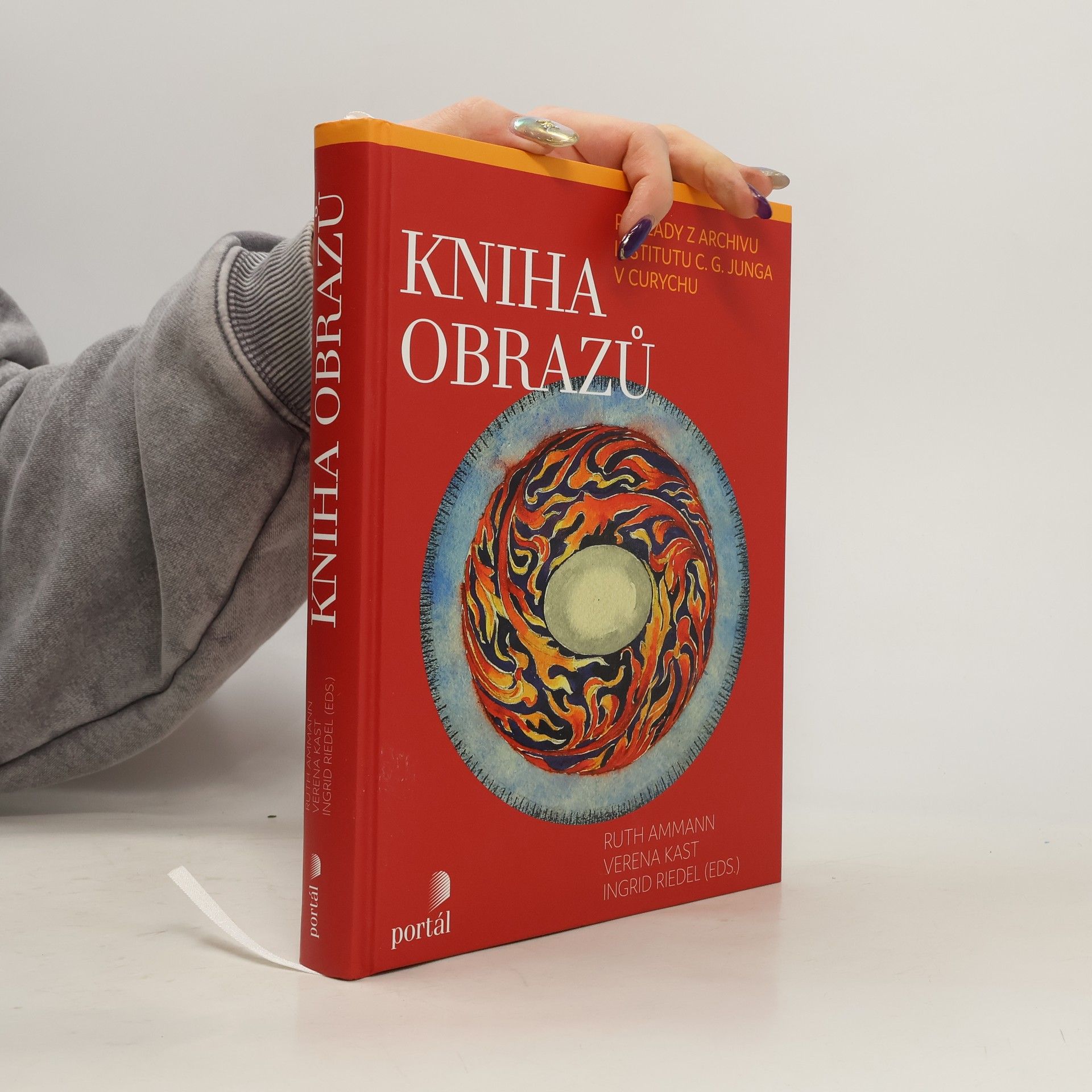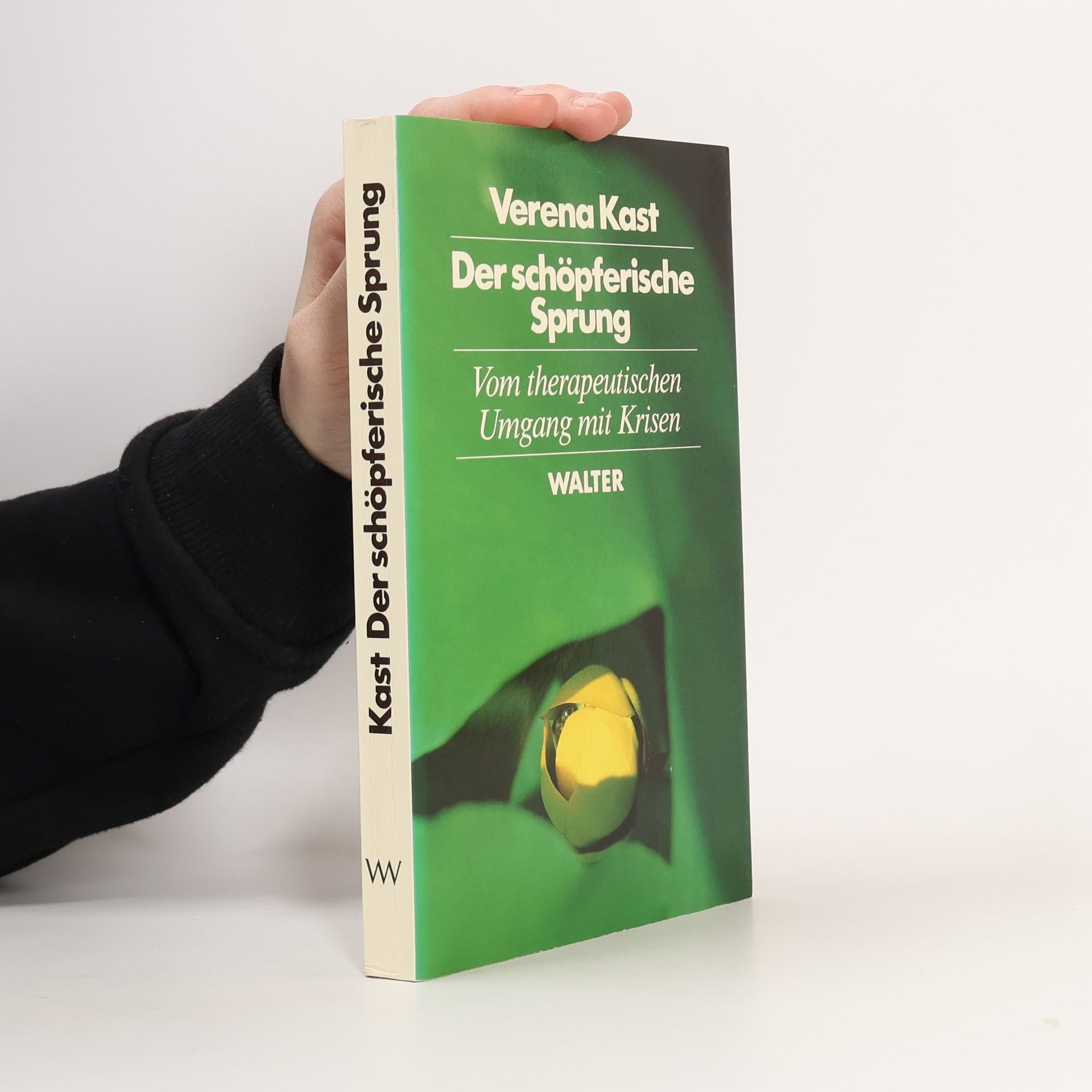Verena Kast Boeken







Imagining has long been used as a therapeutic tool. Carl Jung developed the concept further by introducing Active Imagination, in which the creative powers of the unconscious produce images which are then addressed by the ego. While Jung never described this method in book form, Kast explains it thrillingly to the lay reader.
We all know unhappy people who are over-achievers, or who act superior and put others down. Often, these behaviors stem from mother or father "complexes". Based on her 20 years' detailed studies of infant and child behavior, psychologist Verena Kast shows us how early parental ties affect us throughout our lives and how we can still break free from the effects of negative relationships with our parents.
Also available in an open-access, full-text edition at http://txspace.tamu.edu/bitstream/han... “Emotion is an expression of the self,” Verena Kast writes in this ground-breaking study of the neglected emotions of joy, inspiration, and hope. Kast argues that to embrace our true selves, we must allow these emotions to flourish, encouraging us to laugh, cry, and express joy more freely. She highlights the importance of elated emotions, suggesting that both therapists and individuals pursuing personal growth should focus on joy, which has often been overshadowed by a preoccupation with grief, anxiety, and depression. Kast illustrates how joy fulfills our need for meaning and elation, a need frequently met in modern society through unhealthy substitutes like addiction. She delves into the Dionysian myth as a powerful symbol of ecstasy's transformative potential and examines Sisyphus as a representation of rejecting false hopes to embrace genuine joy rooted in trust. To help recapture joy, she proposes techniques such as developing an autobiography of joy, which enables individuals to identify what brings them joy and understand how they inhibit it. By recognizing joy, inspiration, and hope as essential emotions, we can achieve greater wholeness and a more fulfilling life.
Father-Daughter, Mother-Son
Freeing Ourselves from the Complexes That Bind Us
- 198bladzijden
- 7 uur lezen
Exploring Carl Gustav Jung's concept of complexes, this book delves into the intricate dynamics of father-daughter and mother-son relationships. It examines how these connections influence our lives and shape our interpersonal relationships, regardless of sex or gender. Since its initial publication in 1997, it has become a foundational text for readers seeking to understand these complex familial bonds and their psychological implications.
* Wie wir unser seelisches Gleichgewicht finden können Unsere Seele hat eine Menge zu arbeiten: Sie muss immer wieder die Balance zwischen den Bedürfnissen der eigenen Innenwelt und den Anforderungen der Außenwelt neu herstellen. Dabei verlieren wir nur allzu schnell den Überblick. Denn die Seele braucht Zeit: um auszuwählen und um zu reifen. Das gilt nicht nur für anstrengende Erfahrungen, sondern auch für die erfreulichen: Nur so lassen sie sich ins Gedächtnis einspeichern.
Kniha obrazů. Poklady z archivu Institutu C. G. Junga v Curychu
- 256bladzijden
- 9 uur lezen
Kniha představuje unikátní výbor obrazů z archivu Institutu C. G. Junga v Curychu, který obsahuje více než 4 500 originálních maleb a kreseb vytvořených pacienty buď samotného C. G. Junga, nebo jeho spolupracovníků (J. Jacobiové) v letech 1917 až asi 1955. Výpravná kniha přibližuje téměř 200 reprodukcí, které tematicky rozděluje (hrozba, mandaly, tělesnost a sexualita, zmatek a zničení apod.) a dává je do kontextu Jungova psychologického myšlení a jeho terapeutické praxe. Ta v pacientech podporovala metodou aktivní imaginace léčebnou a transformační sílu tvořivosti, díky které vznikala terapeuticky i esteticky pozoruhodná díla. Průlomová publikace odkrývá nejen dosud málo známé aspekty Jungovy terapeutické práce, ale představuje také mimořádnou výtvarnou paralelu k jeho Červené knize. Doprovodné texty jsou dílem předních znalců díla C. G. Junga – i u nás známých Vereny Kastové, Ingrid Riedelové aj.
Die eigenen Kinder loszulassen gehört zu den schwierigsten Aufgaben für Eltern. In den Prozess der Ablösung mischen sich Gefühle wie Trauer, Wut, Zärtlichkeit, auch Zukunftshoffnung. Ein Klassiker der Erfolgsautorin.
Der Schatten in uns
- 182bladzijden
- 7 uur lezen
Verena Kast „liefert mit ihrem Buch, das eine kluge Auseinandersetzung mit dem eigenen Schatten nahe legt, die Geschichte der Entfaltung der Jungschen Schatten-Metapher, die sie gelegentlich auch korrigiert. Daraus folgt ein vertieftes Verständnis des tiefenpsychologischen Schattenbegriffs.“ Publik Forum
Ein Mensch in der Krise weiß keinen Ausweg mehr. Das bisherige Verhalten führt nicht weiter, und so muss auf dem Gipfel der Krise ein schöpferischer Sprung erfolgen. Oft ist dies nur durch therapeutische Krisenintervention möglich. Verena Kast stellt verschiedene Arten von Krisen vor. Anhand vieler Fallbeispiele beschreibt sie, wie Psychotherapeutinnen und Analytiker Menschen in Krisensituationen begleiten und ihnen helfen können, die in der Krise liegenden Entwicklungsmöglichkeiten zu nutzen. Das Buch der renommierten Jungianerin und Psychotherapeutin gibt sowohl Fachleuten als auch Betroffenen und ihren Angehörigen wichtige Hilfestellungen beim Umgang mit der Krise.



